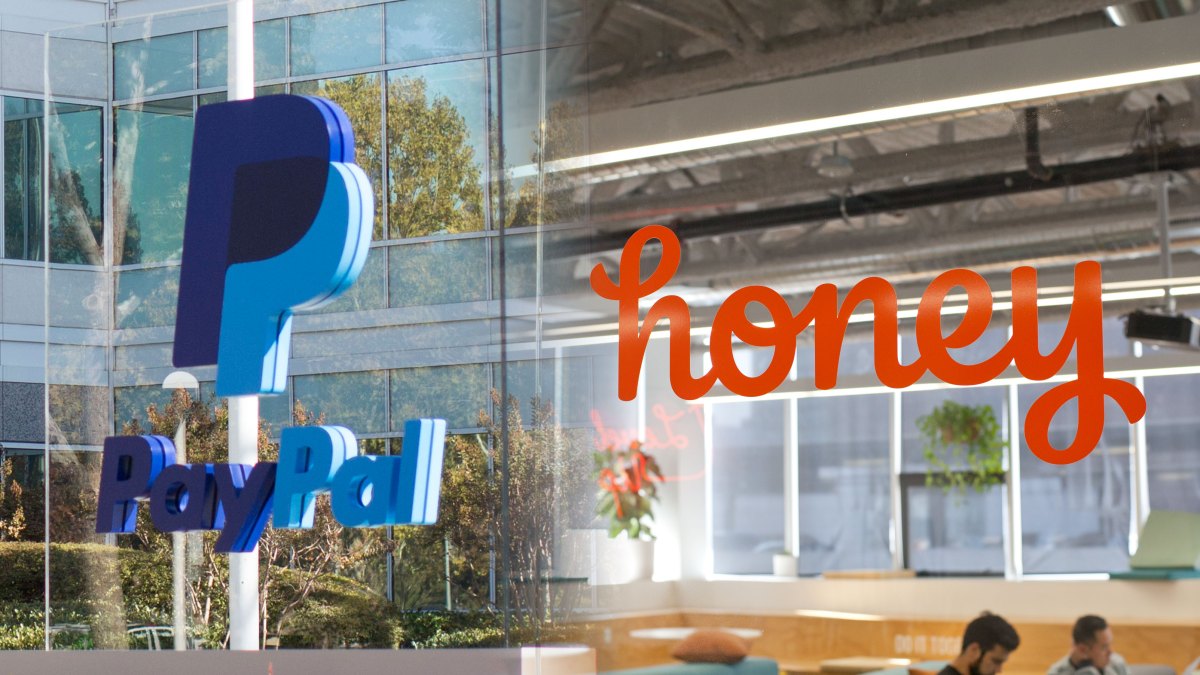Before I even clicked it I knew there would be no real journalism involved. It’s just parroting the video the LegalEagle put out, so if you’d rather give your click to the creator, just watch the Youtube video, and don’t bother with the techcrunch “article”.
I agree that Honey is a sleazy extension, but should I be worried that if they lose, it will set a bad precedent? From the video, the Honey extension works by injecting a Honey referral code into all online shopping transactions, possibly overwriting whatever influencer referral code the user was under. If Honey loses, the court decision is likely to say that an extension creator is liable if they tamper with referral codes and tracking links.
This will be a problem for privacy extensions that strip out tracking cookies and referral URLs, since they are also messing with influencer attribution, though not for profit but at the request of the user.
In such case, my opinion would be that referal stripping should be OK. It is the customer choice, even if automated, and the extension clearly tell what he does. You can see it, using the metaphor used in the video exposing the problem, as just not giving the referal card the store salesman gave you.
In the case of Honey, they do it behind the customer back, and the original video metaphor is quite right. They could at least ask i f the user wish to attribute the sale to Honey instead of whatever influencer/website originally pointed you to the product, but they don’t.
I’m thinking this lawsuit will be more about how they wronged creators, and less about how they wronged customers. I don’t expect there to be any justice or concern for the customers who were wronged. Therefore, I agree with TAG, I would worry that them losing would set a bad precedent, and possibly make it so that tampering with referral codes, tracking links, etc isn’t allowed anymore because it hurts creators and sellers/companies, and thus that could outlaw adblockers entirely by extension which would not be great.
That’s like worst-case scenario, though, I don’t necessarily expect that to happen, but I think it’s possible.
Nah, honey was marketed as a coupon tool without mentioning the referral manipulation it did that is its actual business model. Those privacy extensions just need to call out that they remove referral trackers too and everything is fine with them.
I don’t see a problem if they let the user know what those extensions are doing, unlike Honey.
Not a lawyer and haven’t seen the lawsuit but I’ve watched a lot of legal eagle and other lawyers and I suspect it’s not about them manipulating codes. I also doubt this is the sort of case trying to set a precedent in any legal sense.
Likely it’s just boring fraud because they deceived content creators and users with lies to make money.
A different company doing the same thing but being honest might be unethical and terrible but probably wouldn’t be sued.
I don’t actually care since I would remove affiliate tags by hand - some shops put a markup on the items to offset commissions - but the audacity is quite something.
There aren’t creators you like and think they deserve some of the cut? If there isn’t an increase in price, then that just means less of the money is going to the business, and some of it is going to a creator you enjoy.
I’m not buying anything recommended by creators, unless from their own shops in which case they get the full revenue either way.
If there is a product they recommend that I might be interested in, I’ll research prices and guaranteed find a better deal elsewhere.
I don’t use subscription services at all save for two very specific use cases and don’t play games, so all the vpns, online academies, website business, mmorpgs and whatever they are pushing really doesn’t phase me. If (and that’s a big if) they even make it through sponsorblock in the first place.
Everything you listed are common sponsorships. I have never bought a YT sponsorship, so there’s no argument there. But affiliate links are more than just those sponsored posts. Amazon is a commonly used affiliate program. For example, someone might link to the tools they use and like. I watched a carpenter who linked to the tools he used, and it was also an affiliate program. He wasn’t paid by anyone to link them like a sponsorship, he was just sharing in his experience what tools he likes best. If I trust his judgement in tools, and want to buy the same ones, assuming camelcamelcamel shows it a good price and checking around doesn’t find it cheaper, why wouldn’t I want them to get a cut of that purchase?
I dislike affiliate links from a privacy perspective. I don’t want to be tracked via my purchase to some creator’s channel that would link my person to certain interest groups. I’m breaking those chains wherever there is a chance, usually by manually copying links and cutting off the tracking bit, or if it’s a URL shortener like bit.ly and the likes, I’ll open it in a private window and then copy the resolved URL minus tracking bit into my main browser window.






